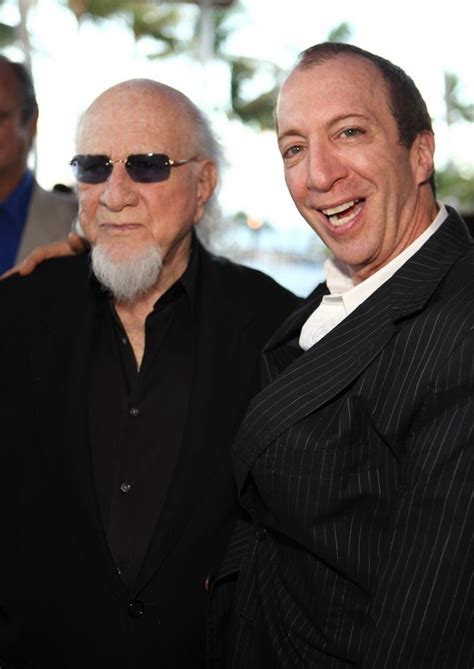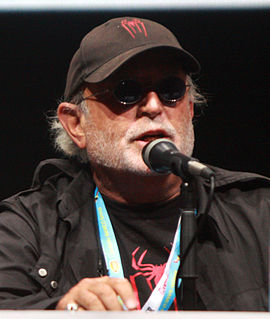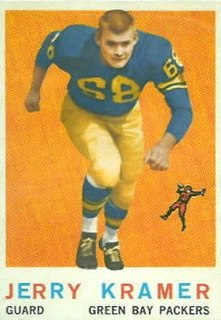A Quote by Don McLean
Being on United Artists was almost as bad as not being on any label at all. They were the crappiest in the business. All they did was movie soundtracks. Now, they were making an effort to become much hipper - signing people like Bobby Womack and what have you.
Related Quotes
The music business is suffering because fewer artists are being invested in. Labels are putting in less money, taking fewer risks and signing half as many artists as they did 10 years ago. Everything is risk averse right now and there are two ways to deal with a business situation like this: either reduce your risk or increase your return. They're reducing their risk to the bone and looking for ways with their 360 deals to increase their return. They're still not making money. Artists are suffering. Labels, or music investors, are suffering.
I think the entrepreneurial activities that make art visible and attractive are what lure people into the amusement park that SoHo has become or that Bushwick or Williamsburg has become. It's not that outsiders come to an area because they hear artists are living there. A lot of people came who were not that interested in living with artists, but they were interested in living like artists and socializing the way that they thought artists socialized.
The people at the label were great but at the end of the day our visions didn't match up and I knew I had to do it my way. The potential success that could come with signing with a major label didn't quite outweigh how important it was for me to make my music the way I knew it needed to be made. It was a hard decision to make, but I've never regretted it for a second and it's only become more clear to me after making and releasing Stairwells that it was the right one.
I think for us, we don't feel like the future of music is in the act of being a record company. We feel like the future of the music business is in empowering artists to have better and better tools to communicate with their fans. We want to be people who are saying to artists, "Look, you don't need that company over there to release your album. You can do it this way." Almost more of a band partnership than a label-artist relationship. Not about ownership of content, but about empowerment.
I was living in a terrible time when people were being accused of being communists, and they attacked the movie industry, especially the writers. People couldn't work if they were on the blacklist. The studios banned them. It was the most onerous period in movie history. I don't think we have ever had a period so dark as that.
The bottom feeders of the entertainment industry were never invited to presidential inaugurations. The bottom feeders of the entertainment were never used as fundraisers for presidents of the United States. They were ignored. There was always a line. They were always there, and they were always who they were, and they always did what they did. The bottom feeders have now become the standard. That's what's different.
Part of what motivated my writing was anger. I was angry that the daily misery of doctors, nurses, and patients was being trivialised into soap opera. We were made to feel bad because we were not perfect like our television counterparts. We were resentful that our patients did not get better as quickly as they did on telly - or at all.




































